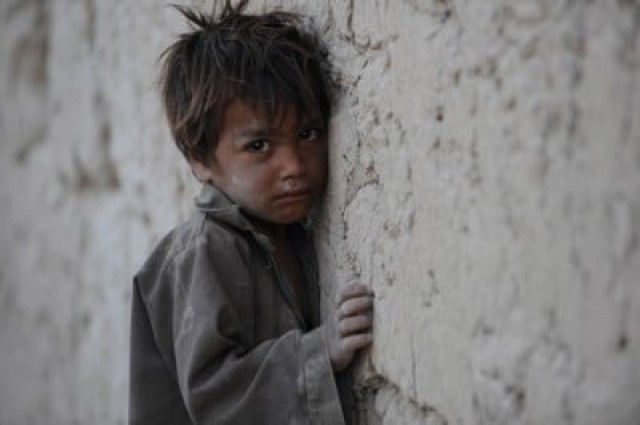Integrated efforts: Govt seeks proposals for nutrition policy
Two-day seminar aims to understand causes of malnutrition.

In a two-day workshop that begun on Wednesday, experts gathered from government departments and various institutions, including UN agencies, to develop a common understanding of malnutrition. After the workshop, relevant institutions will prepare policy guideline. Their input will help guide the development of provincial-sector specific policies and finalise the provincial nutrition strategy. K-P Additional Chief Secretary for Planning and Development, Attaullah Khan said it was commendable that nutrition was being placed higher on the provincial agenda.
“Many departments, such as agriculture, education and water and sanitation are also responsible for nutrition, not just the health department,” said Provincial Nutrition Coordinator Syed Saeed Qadir.
“Improving nutrition in this area is a socio-economic and cultural challenge as well,” said Fata Secretary Social Sector Dr Aftab Ahmad Durrani. A 2011 National Nutrition Survey shows that malnutrition is one of the main causes of death among infants and young children. Those who survive have a lower learning capacity that in turn reduces their productivity at adulthood.
Simon Azariah of the Word Bank said that malnutrition result in high mortality, higher rates of serious illnesses and non-communicable diseases in adulthood. He said that it also results in anaemia, a lower IQ and vitamin A deficiency.
In Pakistan, 62% children are anaemic due to malnutrition. More than 20% of infant deaths in their first week of life and 30% of deaths of preschool children are also caused my malnutrition.
In K-P, 48% of children have stunted growth, an indicator that the province faces chronic malnutrition. The wasting rate (amount of underweight) of 17% is also alarming.
Malnutrition is not just a problem of insufficient food, but is also caused by poor infant feeding practices, poor sanitation and hygiene and increasing food insecurity.
Published in The Express Tribune, August 30th, 2012.













COMMENTS
Comments are moderated and generally will be posted if they are on-topic and not abusive.
For more information, please see our Comments FAQ